IMPORTANT NOTICE TO PATIENTS
Delivering exceptional patient care in a safe, controlled environment has always been our top priority. To help ensure your safety, we are asking all patients and their companions to comply with the Center for Disease Control’s recommended precautions while visiting our facilities.
In advance of your appointment, please notify us if you have, or have had a fever or other flu-like symptoms within two weeks of your appointment date and we will reschedule your exam.
Please note, we may inquire of recent symptoms, travel history, and take your temperature with a non-contact thermometer upon your arrival. This is done as a precautionary measure to ensure you are in good general health.
We are actively following information released from the Centers for Disease Control (CDC) and our government agencies. This notice will be updated as needed.
Mahalo Nui Loa for your cooperation.
If you currently feel sick, please reschedule your appointment and call your physician. This is especially true if you have a fever, cough, sneezing, or shortness of breath. The same thing applies if you have had any of these symptoms in the last 48 hours.
Please also reschedule your appointment if you have traveled outside the United States in the last two weeks to an area affected by the coronavirus disease. This includes China, Hong Kong, Iran, Italy, Japan, Singapore, South Korea, Taiwan, Thailand, or Vietnam.
To reschedule an appointment or if you have questions, please call the clinic at (808) 329-2010.
If you require urgent care, please do not come in without first calling our clinic at (808) 329-2010
Frequently asked questions for patients
What is coronavirus?
Coronaviruses are a large family of viruses, some causing respiratory illness in people and others circulating among animals. Rarely, animal coronaviruses can evolve and infect people and then spread between people. Previous coronavirus outbreaks have included Severe Acute Respiratory Syndrome (SARS) and Middle East Respiratory Syndrome (MERS). COVID-19 is the disease caused by the novel coronavirus, SARS-CoV-2.
Although we have a lot to learn about this virus, it appears to spread like other respiratory viruses — by people with the infection coughing and sneezing. These droplets are inhaled by other people or moved to the eyes, nose or mouth by contaminated hands.
What are the symptoms of COVID-19?
Symptoms of COVID-19 are flu-like and include fever, cough, sore throat and shortness of breath. Most people develop only mild symptoms. But some people, usually those with other medical complications, may develop more severe symptoms, including pneumonia.
I have a scheduled appointment at Eye Center of Hawaii. What should I do?
If you currently feel sick, please reschedule your appointment and call your physician. This is especially true if you have a fever, cough, sneezing, or shortness of breath. The same thing applies if you have had any of these symptoms in the last 48 hours.
Please also reschedule your appointment if, in the past two weeks, you have either been in close contact with someone who is infected with COVID-19, or have returned to the United States from an area affected by the coronavirus disease. Right now this list includes China, Iran, Italy, Japan, and South Korea. However, the list of countries continues to change, so it’s a good idea to check this Centers for Disease Control and Prevention website for updates on the affected countries.
To reschedule an appointment or if you have any questions, please call the clinic at (808) 329-2010
What do I do if I have COVID-19 symptoms?
If you have an appointment at our clinic, do not come in. You can reschedule your appointment by calling the clinic directly.
If you do feel ill, don’t panic. Most people who get the novel coronavirus disease have only minor symptoms and do not need medical care. However, you should contact your doctor to inform them of your symptoms and get advice.
If you have a mild case, your doctor may advise you to treat your symptoms at home. Staying home also helps prevent you from exposing other people to the disease.
For those who have a more serious case, call before you head to the urgent care or emergency room. That will help the medical team to prepare for your arrival, so you can receive the fastest and best possible care. It will also help them to protect other people from your infection.
Should I be tested for COVID-19?
Testing is typically conducted by taking a swab at a health care provider’s office. Call ahead before visiting your health care provider.
According to Hawaii Department of Health, there are currently no restrictions on who can be tested for COVID-19, and commercial testing is becoming more available.
What should I do to keep myself and those close to me safe?
Everyone can help prevent the spread of respiratory illness with these everyday actions.
• Wash your hands often with soap and water for at least 20 seconds.
• Avoid touching your eyes, nose, and mouth with unwashed hands.
• Avoid close contact with people who are sick.
• Stay home when you are sick.
• Cover your cough or sneeze with a tissue, then throw the tissue in the trash.
• Clean and disinfect frequently touched objects and surfaces using a regular household cleaning spray or wipe.
• Prepare for the possibility that people may want to stay home or may be asked to stay home to prevent the spread of illness.
o If you have daily medication needs, have more than a week’s supply on hand and have as much on hand as your insurance will allow you to have.
o Not everyone can afford to stock up on supplies or has the space to store them, but anything you can arrange in advance means one less inconvenience or one less trip to the store while you are sick.
o Make family plans for the possibility of school or day care closures. Do some contingency planning in advance at the family level.
Seniors are at a greater risk for COVID-19, especially those who have underlying health conditions. Older adults and individuals with underlying health issues should avoid non-essential travel, including cruises. Neighbor island residents with scheduled medical treatment or follow-up care on Oahu should consult with their doctors. Seniors should avoid large crowds, wash their hands often, and keep medications and groceries on-hand.
• People age 60 and older
• People with underlying health conditions including heart disease, lung disease, or diabetes
• People who have weakened immune systems
• People who are pregnant
Where can I learn more about COVID-19?
For more information on COVID-19, visit the Centers for Disease Control and Prevention.



Don't live with cloudy vision due to cataracts. We offer advanced Laser Cataract Surgery at the Ali’i Surgery Center on Oahu. Call us today to schedule your cataract exam and discover if now is the time for your cataract surgery. ... See MoreSee Less
0 CommentsComment on Facebook
We are so blessed with amazing optometrists who care deeply for our 'ohana. Mahalo Dr. Kashiwa, Dr. Ho and Dr. Bryant for taking such great care of our community. Happy World Optometry Day. ... See MoreSee Less
0 CommentsComment on Facebook
"Cez” has been working in the field of ophthalmology for over 18 years and has been with us for 12. She even volunteers her services to provide free eye care in the Philippines as part of the Bayanihan Without Walls Program. She serves multi-functionally as the clinic manager for all BEI locations and as a lead surgery coordinator/technician. A fluent native speaker of Ilocano and Tagalog, Cez is very passionate and tremendously happy and dedicated to providing quality eye care to every patient who comes her way. Drop a ❤️ or a comment below to thank her for all her hard work! ... See MoreSee Less
0 CommentsComment on Facebook
Comment below if you are one of the lucky 2%! Happy St. Paddy's Day. ☘️ ... See MoreSee Less
0 CommentsComment on Facebook
Don't let cataracts and glasses hold you back from living life to its fullest. Premium lenses can lessen your dependence on glasses for most or all of your daily activities! When it's time for cataract surgery, ask us about your options. ... See MoreSee Less
0 CommentsComment on Facebook
Most people with glaucoma are not aware of it as most glaucoma patients have zero symptoms. Catch the disease early and you have a great chance of preserving your vision for the years to come. Call us today to schedule your eye exam. Our team is here for you! ... See MoreSee Less
0 CommentsComment on Facebook